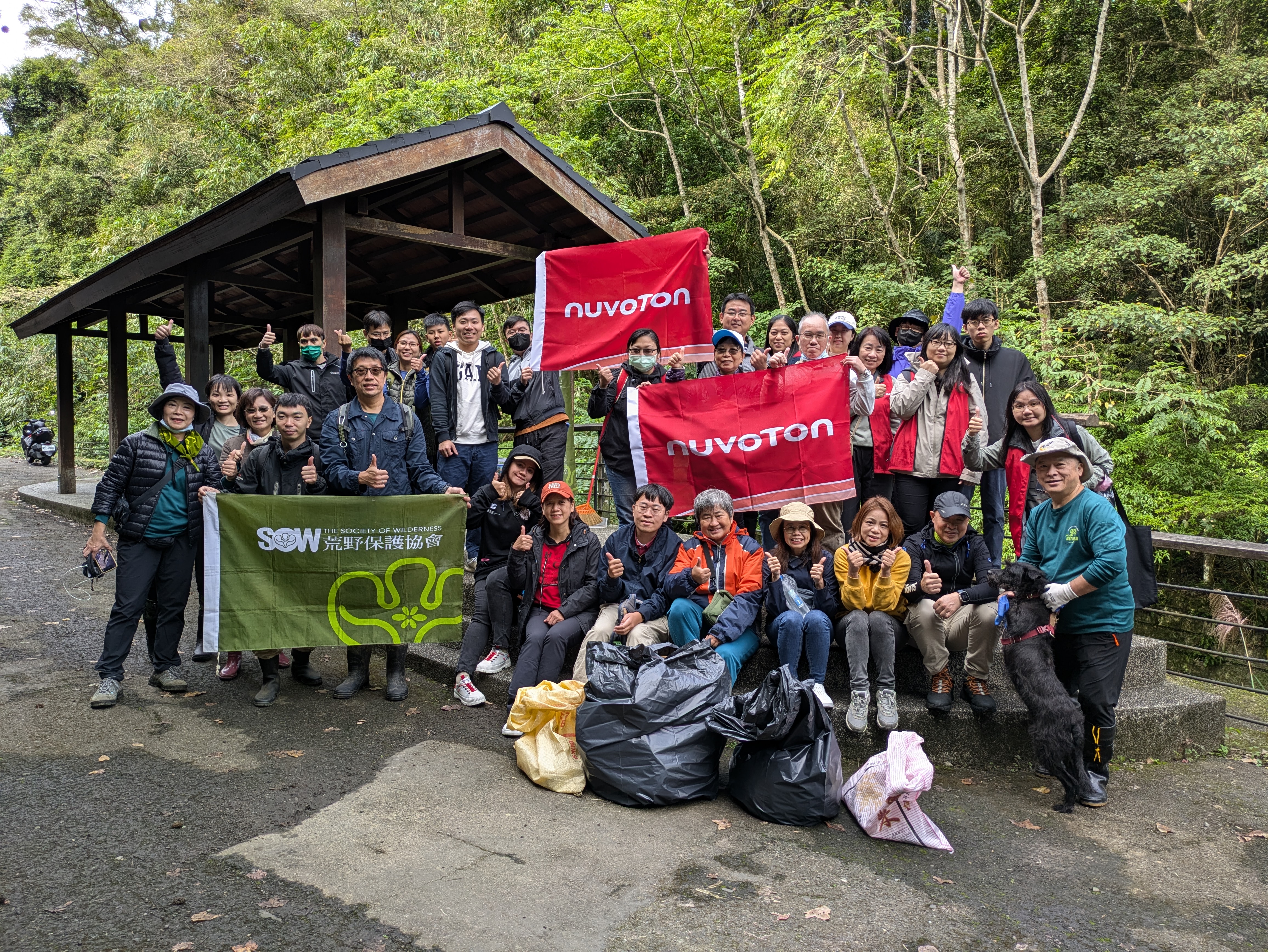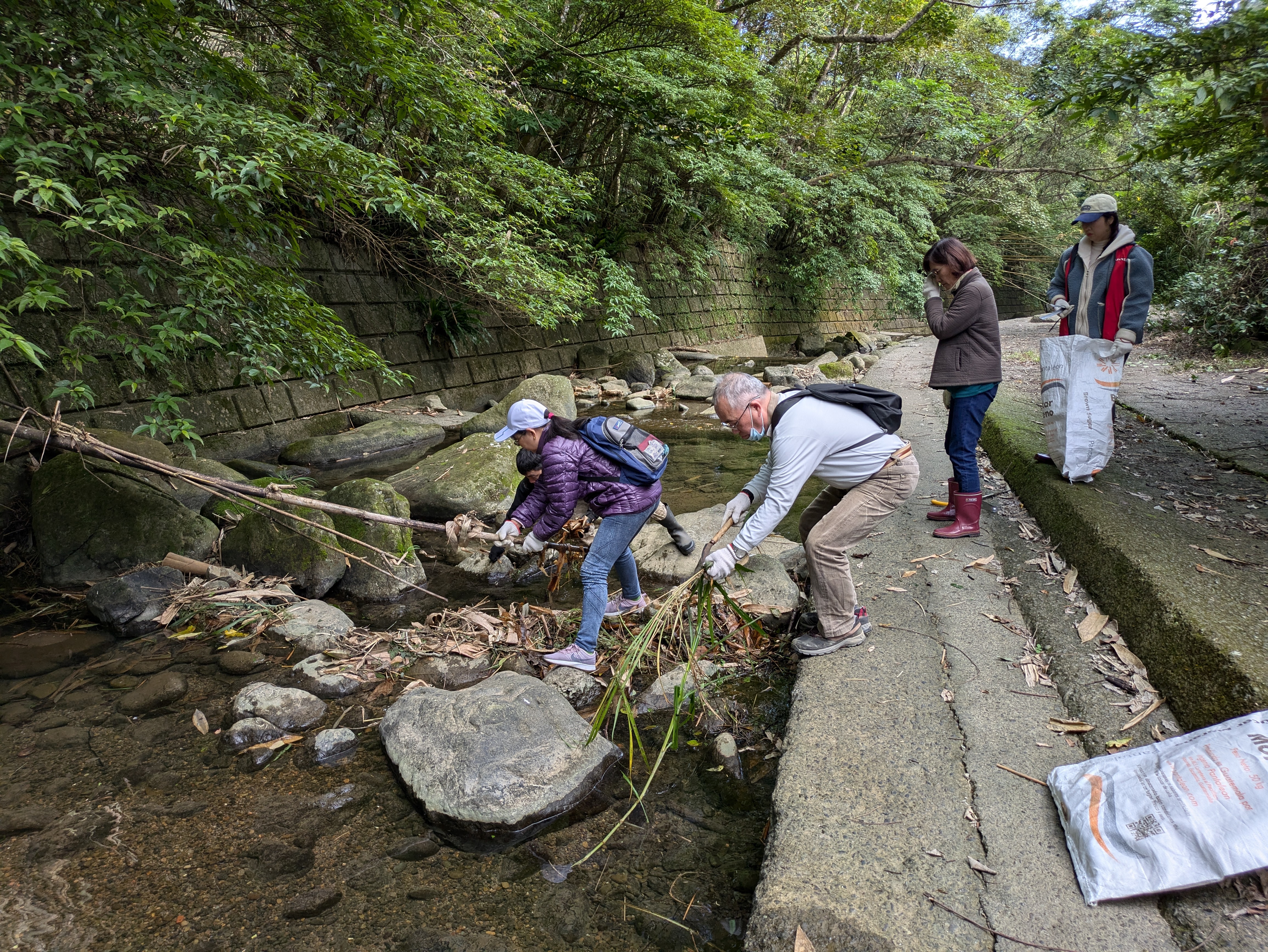ESG Environmental Clean-up Activity - Amphibian Conservation at Dashanbei | News
Partnering with The Society of Wilderness to Protect Ecological Treasures in Hsinchu
Nuvoton Technology collaborated with The Society of Wilderness to conduct a meaningful environmental clean-up and ecological conservation initiative in the Dashanbei area of Hengshan Township, Hsinchu County, focusing particularly on protecting the habitat of an endangered species - Hylarana sauteri.
Survival Challenges for Hylarana sauteri
Ecological experts from The Society of Wilderness explain that Hylarana sauteri, an amphibian species endemic to Taiwan, primarily inhabits low-elevation mountain areas below 1,000 meters. During their breeding season, these small frogs must cross roads to reach their spawning grounds. However, frequent traffic often results in significant roadkill incidents, threatening the survival of the population.
Corporate Volunteers Engage in Environmental Conservation
The clean-up activity mobilized about 30 Nuvoton volunteers under the guidance of The Society of Wilderness professionals, were divided into three teams and collected a total of 10.43 kg of waste:
- Team A: Focused on removing invasive plant species that affect native plant growth
- Team B: Responsible for cleaning areas around trails and roadside surroundings
- Team C: Conducted stream-bed cleanup and fallen bamboo management
The collected waste was classified and documented according to International Coastal Cleanup (ICC) standards. Survey results showed that the three most common types of waste in the Dashanbei area were cigarette butts, food packaging, and plastic bottles. This environmental data will be provided to the government for policy improvements.
A New Milestone in Sustainable Development
Through this activity, Nuvoton employees not only participated directly in environmental protection efforts but also gained a deeper understanding of the importance of ecological conservation. This hands-on educational approach effectively enhanced participants' sustainability literacy while demonstrating our commitment to environmental protection.


Nuvoton Technology Demonstrates Outstanding Sustainable Business Achievements, Receives Dual Recognition from SGS ESG Awards and TCSA Taiwan Corporate Sustainability Awards
Nuvoton Technology joins the '2024 TALENT, in Taiwan, Taiwan Talent Sustainability Action Alliance'
Nuvoton selected as one of the Top 100 Carbon Competitiveness Companies by Business Weekly 2024
SHARE
-
Copied to clipboard


